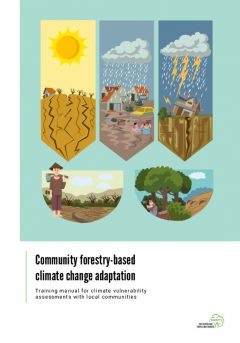SRI LANKA: Climate & food security monitoring bulletin May-September 2020
The harvest of paddy and other food crops in 2020 was above-average compared to the past few years. Major reservoir storage levels are at 39% of their capacity at present, which is well above average.



